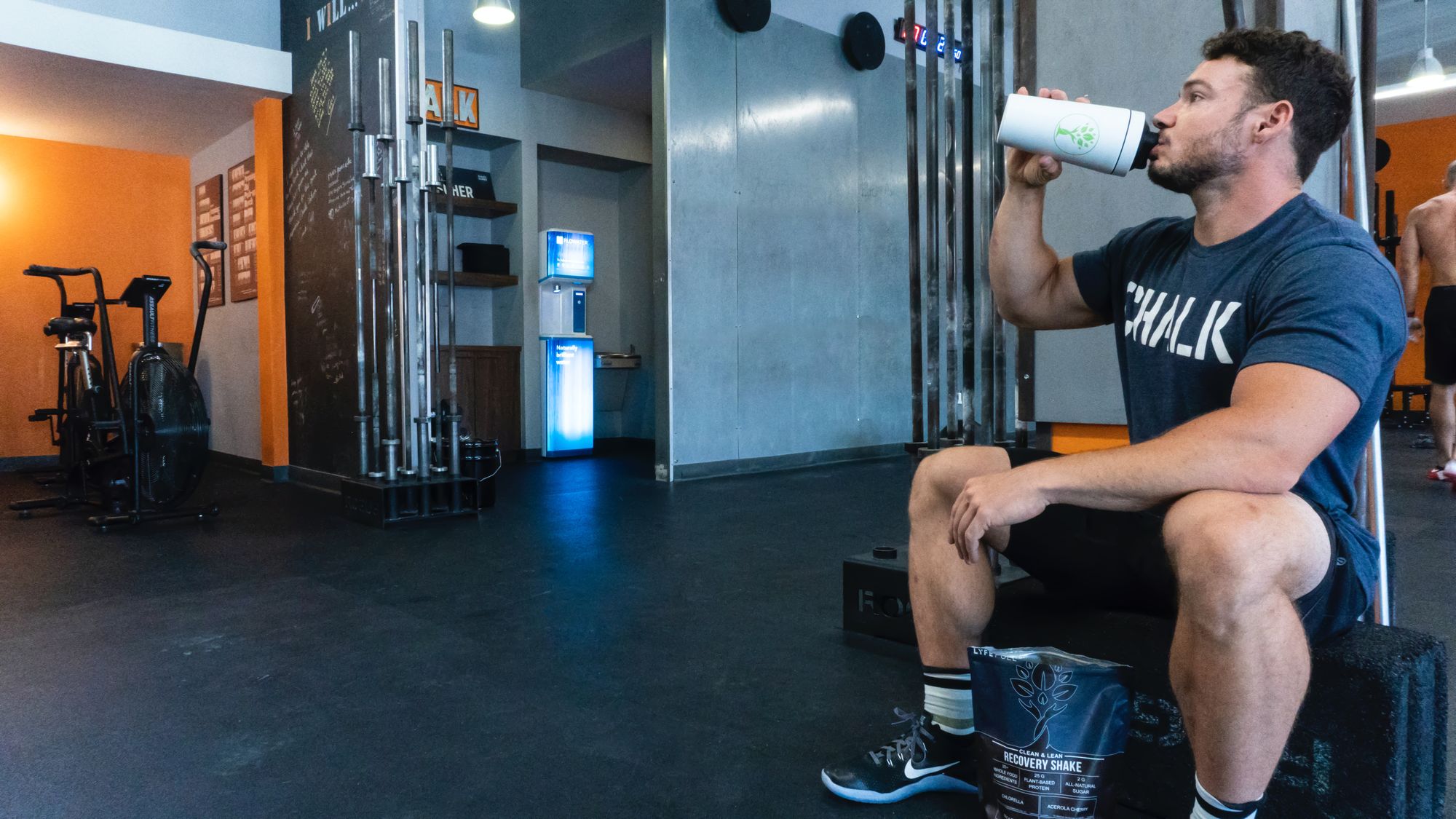Fuel for the Fight: Nutrition Strategies for Wrestling Dominance!

Wrestling is a physically demanding sport that requires exceptional strength, endurance, and agility. To achieve success on the mat, wrestlers must not only train rigorously but also fuel their bodies with the right nutrition. Nutrition plays a crucial role in supporting the physical demands of wrestling, from providing energy for training and competition to aiding in recovery and performance optimization. We will explore the importance of nutrition in wrestling, provide practical strategies for wrestlers to optimize their nutrition, and highlight inspiring success stories of wrestlers who have achieved dominance through their nutrition strategies.
Wrestling is a weight-class sport, and wrestlers often engage in weight management practices to compete in a specific weight category. However, improper nutrition practices, such as crash dieting or dehydration, can have detrimental effects on performance, health, and overall well-being. Wrestlers need to understand that nutrition is not only about making weight but also about providing the body with the necessary nutrients for optimal performance. Proper nutrition can enhance strength, power, endurance, and mental focus, giving wrestlers a competitive edge on the mat.
One of the key components of a wrestler's nutrition strategy is managing energy intake. Wrestlers need to consume enough calories to fuel their training and competition while maintaining weight and muscle mass. A well-balanced diet that includes carbohydrates, proteins, and fats in the right proportions is essential. Carbohydrates are the body's primary source of energy, and wrestlers should prioritize complex carbohydrates, such as whole grains, fruits, and vegetables, for sustained energy levels. Proteins are crucial for muscle repair and recovery, and wrestlers should include lean sources of protein, such as poultry, fish, beans, and dairy products, in their diet. Healthy fats, such as those found in nuts, seeds, avocados, and fish, provide essential nutrients and help with hormone production and inflammation control.
Hydration is another critical aspect of a wrestler's nutrition strategy. Dehydration can impair performance, cognitive function, and recovery, so wrestlers must maintain proper hydration levels. Wrestlers should drink water regularly throughout the day, especially before, during, and after training and competition. Sports drinks can also be beneficial during intense training or competition to replenish electrolytes lost through sweat. However, wrestlers should be cautious of consuming excessive sugary drinks, as they can contribute to weight gain and negatively impact overall health.
Wrestlers also need to be mindful of the timing of their meals and snacks to optimize their performance. Eating a well-balanced meal or snack about 2-3 hours before training or competition can provide the body with the necessary energy and nutrients to perform at its best. Wrestlers should also refuel with a nutritious meal or snack within 30-60 minutes after training or competition to replenish energy stores and promote recovery. It's crucial to choose easily digestible foods to avoid discomfort during training or competition.
In addition to macronutrients, wrestlers should also pay attention to micronutrients, which are essential vitamins and minerals that play a crucial role in various physiological processes. Wrestlers should consume a variety of fruits and vegetables to ensure they get a wide range of micronutrients to support their overall health and performance. Calcium, iron, and vitamin D are particularly important for wrestlers, as they contribute to bone health and overall strength.
Proper nutrition is not only about what wrestlers eat but also about how they eat. Mindful eating practices, such as eating slowly, chewing thoroughly, and paying attention to hunger and fullness cues, can help wrestlers better manage their food intake and avoid overeating or undereating. Developing a healthy relationship with food and understanding the role of nutrition in performance can contribute to long-term success on and off the mat.
Inspiring success stories of wrestlers who have achieved dominance through their meticulous nutrition practices. For example, Olympic gold medalist and wrestling legend Jordan Burroughs has emphasized the importance of proper nutrition in his training regimen. He follows a well-balanced diet that includes whole foods, lean proteins, and nutrient-rich carbohydrates to fuel his intense training sessions and competitions. Burroughs also emphasizes the importance of staying hydrated to maintain optimal performance.
Another success story is that of Helen Maroulis, the first American female wrestler to win an Olympic gold medal in wrestling. Maroulis has spoken openly about her struggles with weight cutting and unhealthy nutrition practices in the past. However, she made significant changes to her nutrition strategy, working with sports nutrition experts to develop a healthy and sustainable plan. Through proper nutrition, Maroulis was able to improve her performance, optimize her weight, and ultimately achieve her Olympic dream.
The story of Bo Nickal, a highly successful collegiate wrestler and NCAA champion, is also worth mentioning. Nickal has emphasized the importance of nutrition in his wrestling career, understanding that it is not just about making weight but also about fueling his body to perform at its best. He focuses on consuming nutrient-dense foods, including plenty of fruits and vegetables, lean proteins, and healthy fats, to support his training and competitions. Nickal's commitment to proper nutrition has helped him achieve remarkable success on the wrestling mat.
These success stories highlight the transformative impact that proper nutrition can have on wrestling performance. Wrestlers who prioritize their nutrition can improve their strength, endurance, recovery, and mental focus, giving them an edge over their opponents. It is essential for wrestlers to recognize the significance of nutrition in their training regimen and seek guidance from sports nutrition experts or registered dietitians to develop a personalized nutrition plan that aligns with their specific needs and goals.
Nutrition is a crucial component of wrestling success. Wrestlers must prioritize their nutrition to fuel their bodies, optimize performance, and support overall health and well-being. Proper energy intake, hydration, timing of meals and snacks, and attention to micronutrients are all important considerations for wrestlers to develop a sound nutrition strategy. By following a well-balanced and sustainable nutrition plan, amateur wrestlers can enhance their performance, achieve their goals, and excel on the wrestling mat. So, remember, fuel for the fight and conquer the wrestling world with the power of proper nutrition!

